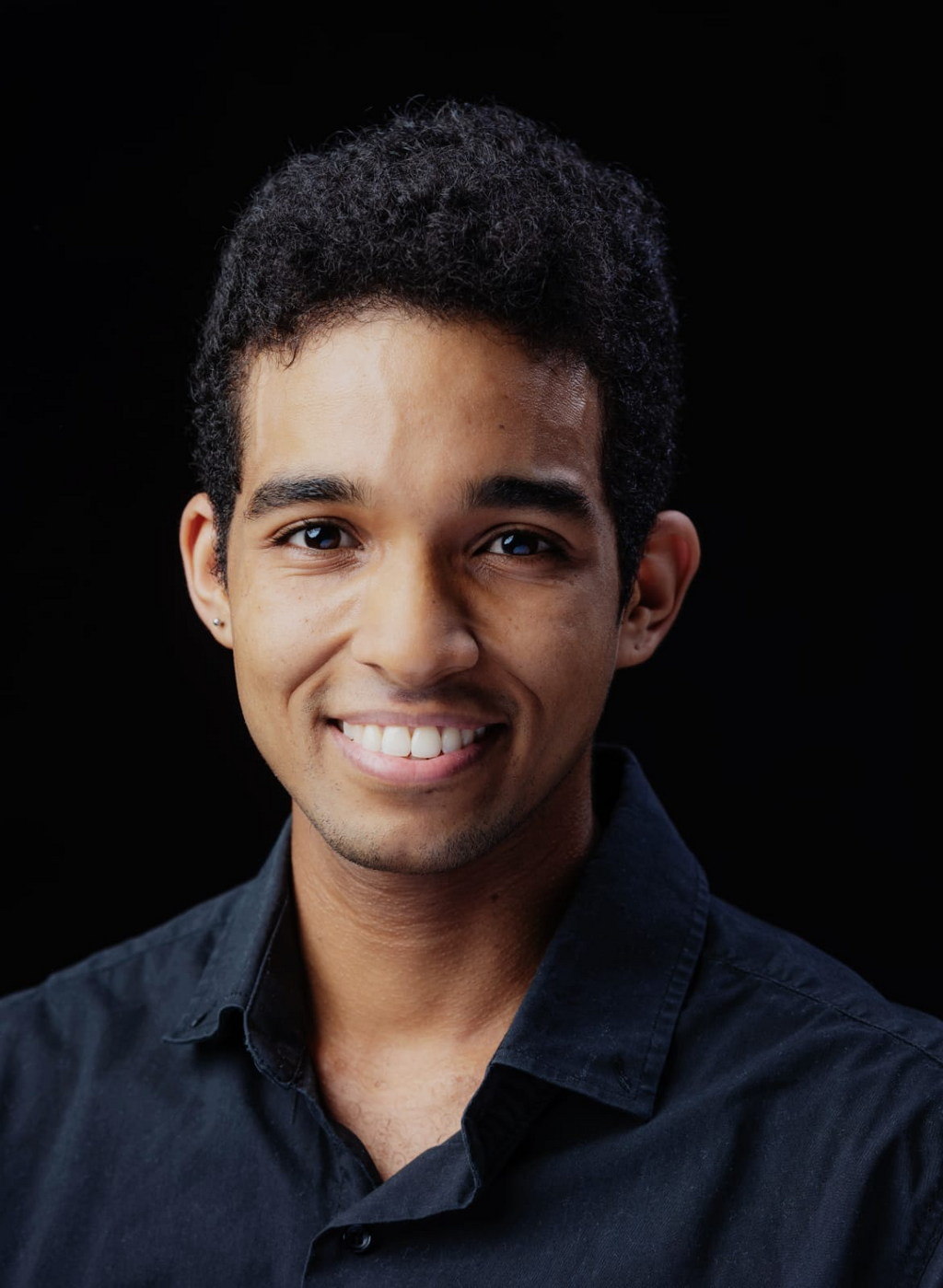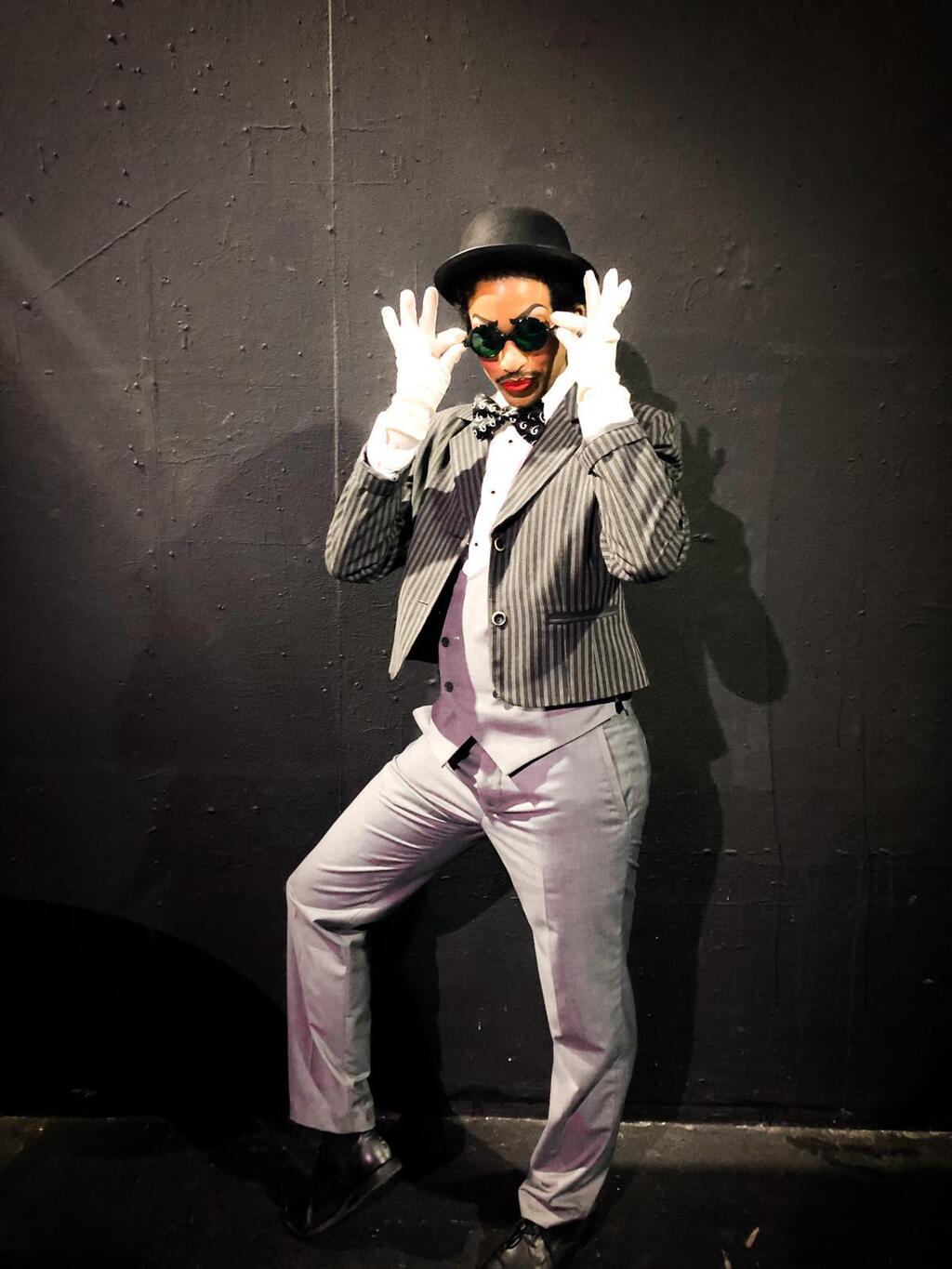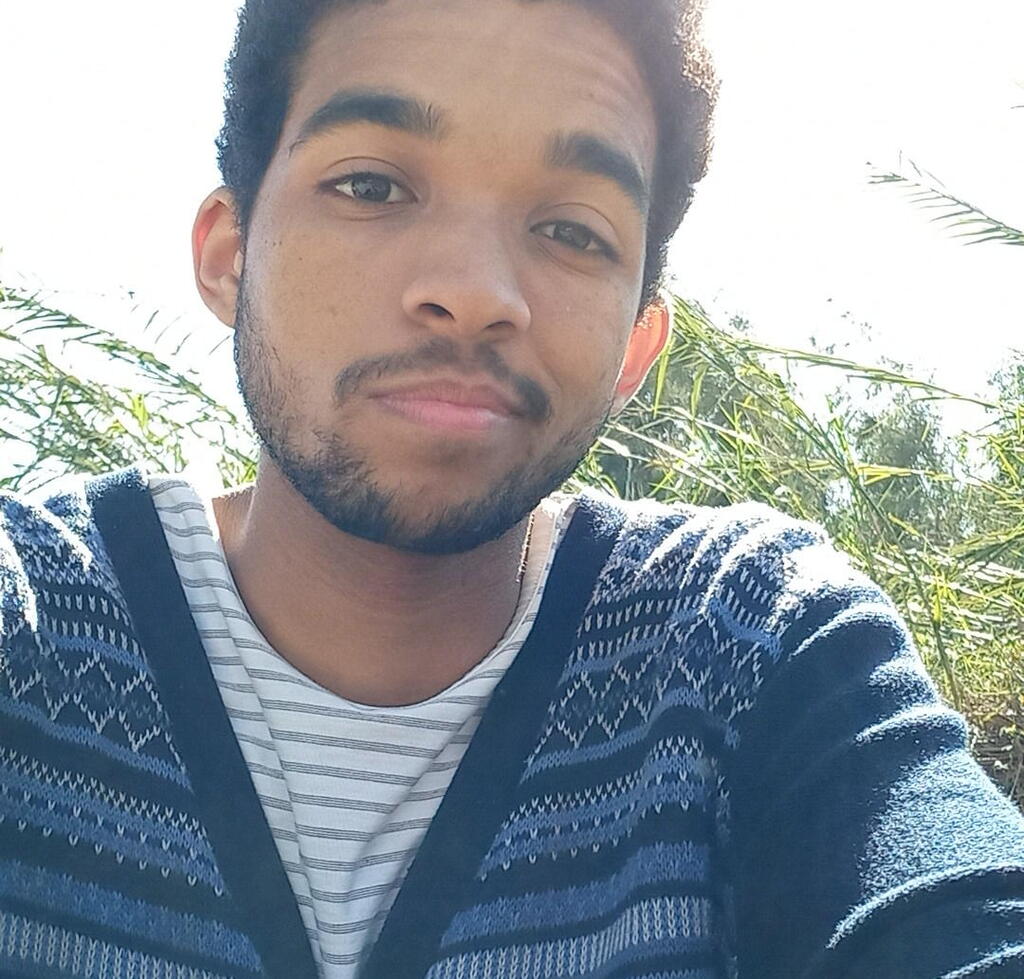Getting your Trinity Audio player ready...
The cafeteria of the Beit Zvi School for the Performing Arts has served some of the biggest names in the local entertainment industry, some of them long before they became household names.
In its 60 years in existence, the cafeteria has seen a wide range of different typecasts, yet, 25-year-old transgender student Alan Walker is the first of his kind.
If his daily latte at Beit Zvi's cafeteria ends up helping him pave his way to a professional acting career, he will earn the title of "first transgender actor in Israel."
This month, Beit Zvi will present its production of William Shakespeare's classic romantic comedy Twelfth Night, starring Walker.
"It's a story about twins, a girl and a boy. After their ship wrecks, the two are separated and both believe the other to be dead. Each one of them reaches a different point of a dangerous country, certain that they are alone in the world. And then, in order to survive and protect herself, the twin sister decides to disguise herself as a man," Walker said as he laid out the play's plot.
Walker said he doesn't necessarily see parallels between his gender transition and his character's.
"The character's gender transition in the play is a disguise. Her transition is temporary and is meant to help her in a specific situation," he said. "As opposed to the character, my gender transition is my purpose, not a means to an end. It's something that will go with me for the rest of my life.
I do relate to the twins' experience, believing the other one died and thus going through a soul-stirring experience, going through an identity crisis. It's a bit similar to the crisis that happens when gender identity collapses, and through that, you form a new gender identity."
Walker described his gender transition as an overall positive experince.
"I'm super privileged because I come from a very accepting background, a surrounding that's non-homophobic, non-violent, where even if there isn't much knowledge about modern trends, I wasn't limited and was given a lot of freedom. My financial background also granted me access to treatments," he said.
Walker said he realized at 17 his gender identity did not match the one he was assigned at birth.
"I asked myself what makes me feel like a girl, and the answer was absolutely nothing," he said. "I read a lot about the topic online, I watched videos of trans people, I was actually looking for myself. At 19, I communicated my thoughts to my family and close friends. It's important to remember that this is a continuous process. The transition doesn't start with me going to the doctor and receiving a prescription for testosterone, and it doesn't end when I finish the surgery.
The gender transition process is everlasting, always ongoing... there are points where you want to shove it in everyone's faces, and there are points where you want to cover it up."
Walker is an only child, born and raised by a single mother on a Kibbutz. His African American father from Cleveland, Ohio lived in Israel for several years with the Black Hebrew Israelite community in Dimona.
"He left Israel when I was two, I've only seen him once since," Walker said. "When I flew to America with my mom on my Bar Mitzvah trip, we contacted him and came to visit... he accepted [my transition], started referring to me as a boy and not a girl."
As we walked out of the bustling cafeteria toward a bench in the academy's garden, I allowed myself to ask him, within the context of a more intimate setting, what his previous name was and what surgical procedures he had gone through.
He politely helped me understand that these questions could be perceived as offensive to transgender individuals. Despite his willingness to be exposed, Walker draws boundaries.
"Besides the fact the name given to me at birth doesn't fit me, it isn't really me," he said. "Trans people often experience suspicion regarding their identity from other people. After people ask what your name is, they oftentimes also ask 'what's your real name?' This question reveals that they don't accept the change, thus it can cause anger, discomfort, distress, and even depression. I like my current name. Regarding surgeries, it isn't what actually defines you."
Walker also shared that he has had a relationship with a man on the transgender spectrum.
"I'm attracted to anyone I have an emotional connection with. Today there is more room for gender fluidity and for non-binary people. I like to leave question marks."
Walker sees great importance in becoming to others the role model he never had growing up.
He is still not quite sure what he wants to do or where he wants to be in the future, but he does know that he wants to "deal with things that are hard for me as a person but also hard for society to accept. I want to be in a place with people that offer controversial viewpoints. To do things that I love, not because I have to."




